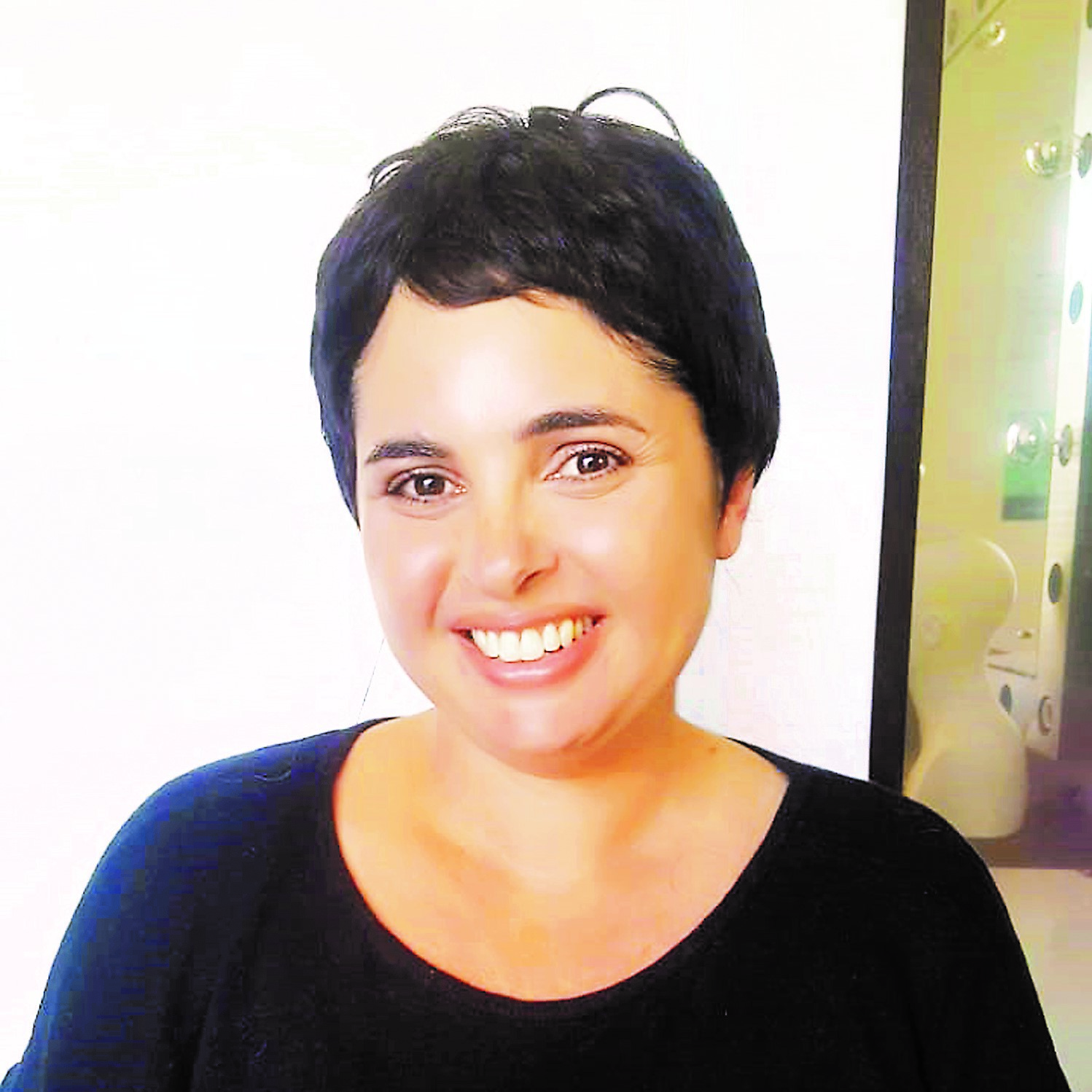click to dowload our latest edition
CLICK HERE TO SUBSCRIBE TO OUR NEWSLETTER


Published
4 years agoon
By
adminMELISSA FAGAN
I check the contents of my bag, grab my keys, and head to the car. The sun is just rising as I reverse out the driveway. My family is still sleeping. In a few hours, I’ll be back home to celebrate this milestone in my breast-cancer journey.
It’s Thursday, 23 April. I’ve been having chemotherapy on Thursdays for almost six months, but since my birthday on 15 March, the day the president gifted me a national state of disaster, everything has changed.
I now travel to hospital with a permit in case I’m stopped by the police. Once there, I am temperature screened, and I wear a face mask. Strictly no visitors are allowed. Gone are the days when my session was an excuse for a coffee catch-up with a friend as I waited for the chemical cocktail to slosh its way through my veins and flush away the pesky tumour.
The chemo lounge is quieter these days, and there’s a sense of foreboding amongst the other patients. Across the La-Z-Boys, carefully spaced more than a metre apart, we share our experiences from diagnosis to lockdown through an array of colourful cloth masks. But in our solidarity, what was a whisper has become an alarm call – we are among the potential four-percenters*. The vulnerable ones.
As is the custom, I mark my final day of chemotherapy by ringing a brass bell. I don’t hand out home bakes to the other patients as we did in pre-corona times. I pose for a socially distanced photo with my nurses, fighting back the urge to hug each of them. Instead, I say my goodbyes with a pointed elbow. I hope they can see the smile in my eyes.
The following Thursday, my internal alarm goes off at 05:30. I roll over in bed, grateful for the extra sleep, but strangely lamenting the lack of an outing. There’s nothing to dress up for anymore, bar the occasional Zoom webinar. I’m keenly aware that my next trip out the house is in two weeks’ time, and I won’t need to dress up for that.
On some days, I walk loops around the perimeter of our house to get myself moving and fit ahead of surgery. On others, I lie on my bed and zone out in front of the safariLIVE YouTube stream on my laptop, the sounds of the bush transporting me far away from this virus and the even more viral cacophony of voices, opinions, and fearmongering I’ve found online.
On the morning of my surgery, we pile into the car to drive to the hospital. My nine- and ten-year-old sons marvel from the backseat at the full moon still visible in the dawn sky. I’ve been joking for weeks that I’m having a drive-through mastectomy – my surgeon wants me out the hospital after 24 hours to minimise the risk of infection. But on arrival, the joke rings hollow. The reality of being in hospital is frightening.
“You’re safer from the virus in the hospital than you are at your local grocery store.” I hang on to my surgeon’s assurances. I’ve had a COVID-19 test in preparation for my stay, as has every other patient in my ward. Clutching my overnight bag and all the faith I can muster, I kiss my husband and boys goodbye.
I’m wheeled into theatre by a nurse I can barely see behind her plastic visor and mask, but I sense kindness as she introduces herself as Happiness. Hearing that puts me at ease.
Seemingly within minutes I’m waking up, and Happiness is phoning my husband with the news that my surgery has gone well. Back in the ward, I spend the day on an adrenaline-fuelled high, toasting the success of my op with cups of hospital tea. I feel so good (read: goofed) that I fully expect to be home by tomorrow.
In the morning, the doctor suggests I stay another night.
“It’s a lovely day outside,” he says, sensing my disappointment. “How about a nice walk to the parking lot. Your family might just happen to be driving past.” He winks.
Boosted by my family’s drive-by visit and their stolen hugs, I relax into my hospital stay, which ends up extending past Mother’s Day. It’s a blessing in disguise – not needing to feed anyone, force children to clean up after themselves, or do their schoolwork. I get to truly put my feet up. I’m cared for by Sisters Nosipho and Bulelwa, mothers themselves who leave their children at home to travel to the hospital by taxi each day.
Like my chemo nurses, they’re the real heroes on the frontline, risking their own health and those of their families to take care of us, the four-percenters. Watching these women, I’m reminded why it’s so important for us all to #stayhome, not just to keep ourselves safe, but to keep them safe too. Their job is essential. They are ensuring that my fellow four-percenters and I – vulnerable patients who could potentially die from this virus – are getting the treatment we need.
*Assuming a global 4% fatality rate.
